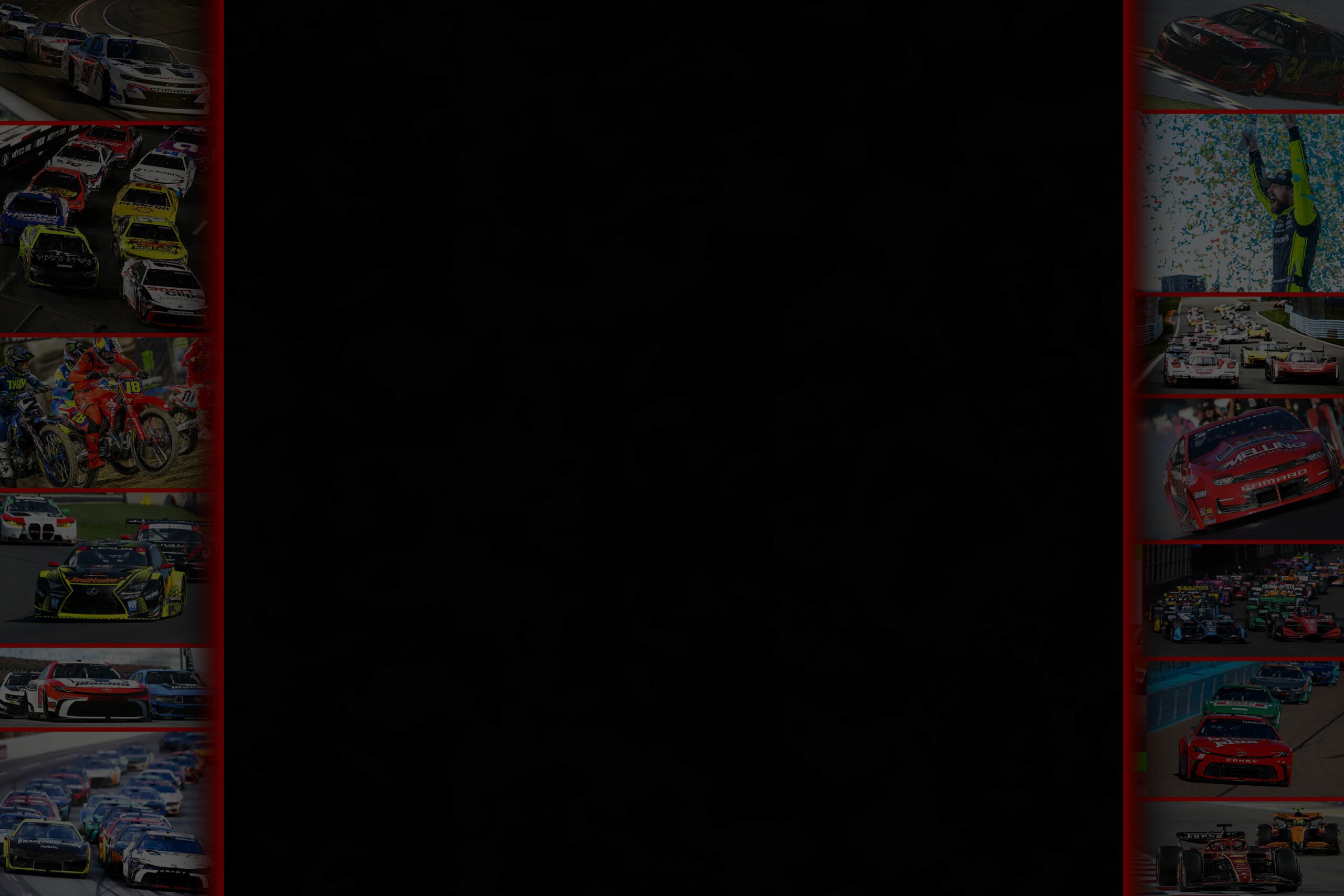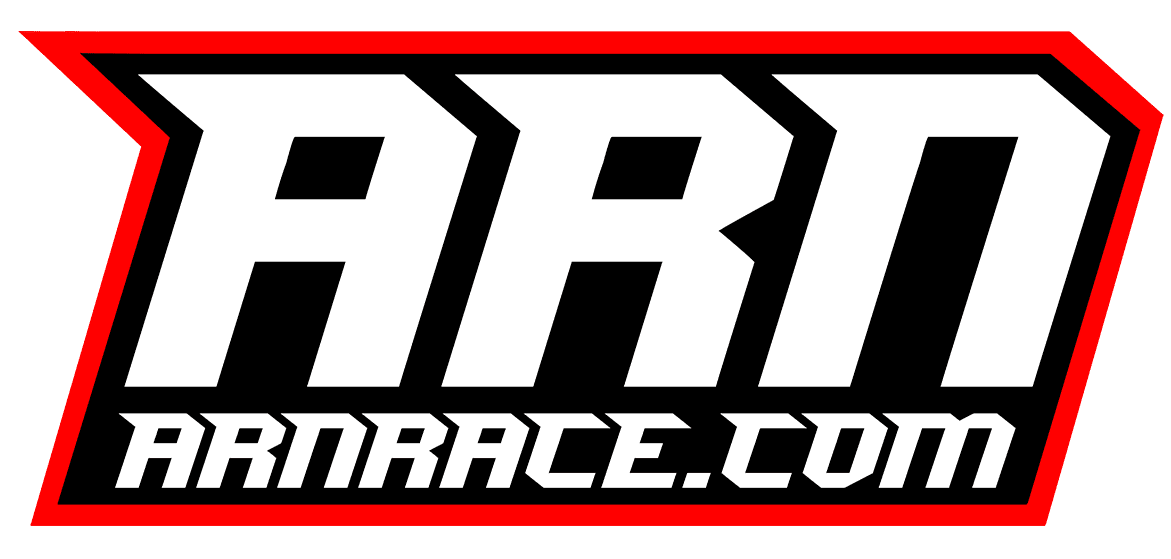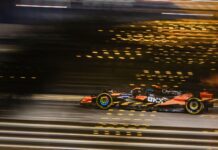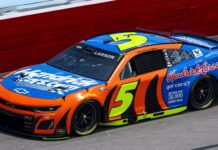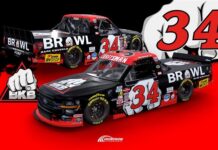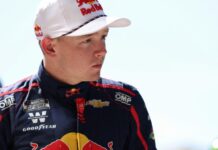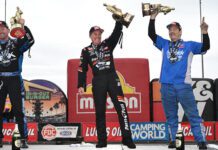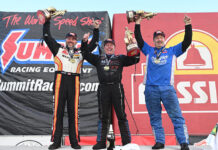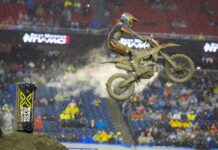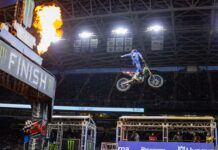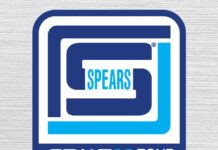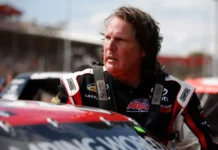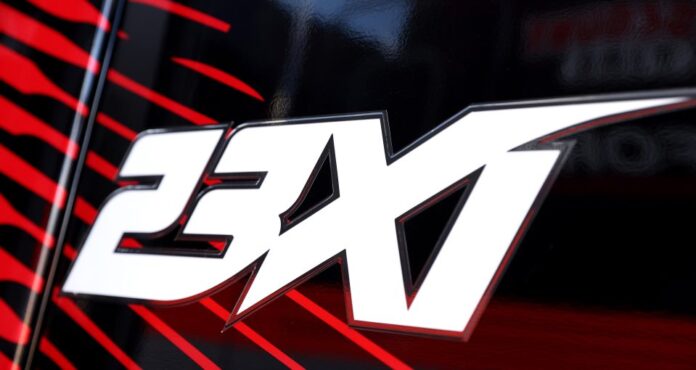NASCAR has responded to the injunction request issued by 23XI Racing and Front Row Motorsports detailing the reasons why a federal judge in North Carolina should force the sanctioning body to issue temporary charters to the teams throughout the duration of an antitrust lawsuit.
NASCAR, through lead attorney Christopher Yates, argued in a Monday night legal filing that the teams have still not proven immediate and irreparable harm:
“A month ago, the Court denied Plaintiffs’ first Motion, characterizing their claimed harm as ‘speculative’ and ‘possible,’ but not ‘immediate’ or ‘irreparable.’ After seeking and then dismissing an expedited appeal, Plaintiffs now claim ‘changed circumstances’ to try to overcome this ruling. Yet, even with their manufactured evidence, Plaintiffs still fall far short of a clear showing of irreparable harm.
“Their new submissions underscore that any claimed harm remains speculative, self-inflicted, and redressable with monetary damages. Moreover, Plaintiffs improperly ask the Court to bind them to provisions they claim are unlawful. And Plaintiffs still cannot satisfy the other (required) factors; their requested preliminary injunction aims to upend—not preserve—the status quo, and Plaintiffs cannot show a likelihood of success.”
Once again, NASCAR is arguing to the court that none of the four reasons in the injunctive filing show immediate harm. Exception is also taken to 23XI and Front Row requesting Whitney force NASCAR to issue charters to organizations that refused to sign them under the conviction that the terms were anticompetitive.
…
The NASCAR filing continues below:
“Since that Order, nothing has changed. Plaintiffs recycle the arguments the Court already rejected. For instance, they suggest that drivers might leave absent a Charter. The first bullet in Plaintiffs’ Motion makes this abundantly clear: Reddick can leave. But a mere ‘possibility’ of harm is precisely what this Court properly rejected in its previous Order.
“Further, the fact that some—but not all—of Plaintiffs’ drivers could leave is entirely self-inflicted, stemming from driver contracts that Plaintiffs negotiated, Plaintiffs’ decision not to sign Charters despite being aware of those exit provisions, and Plaintiffs’ dramatic rhetoric at the hearing and to the press.”
Translation: NASCAR and Yates is saying that the teams did this to themselves.
…
NASCAR argues that the language in the charter agreement requires an independent arbitrator, and not the court overseeing the lawsuit, must determine whether 23XI Racing and Front Row can acquire the two SHR charters without having the legal release clause, the one that prevents lawsuits, from being enforced.
